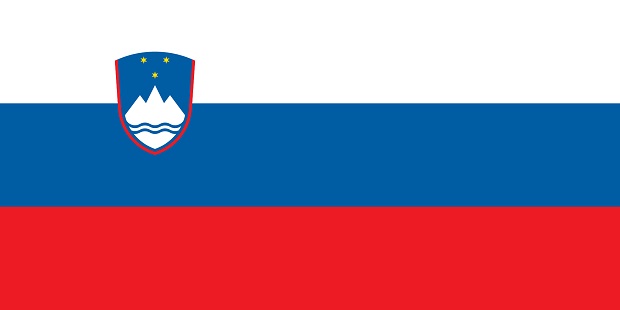Online shopping is thriving in Slovenia, with 85% of all internet users in the country buying online at least occasionally, up from 78 percent in 2013, according to new research.

Online shopping is thriving in Slovenia, with 85% of all internet users in the country buying online at least occasionally, up from 78 percent in 2013, according to new research.
The study, from comparison shopping platform Ceneje, surveyed the opinions of more than 33,000 Slovenian online shoppers.
Trends and dynamics of the Slovenian online market
The results of the survey show that 85 % of all Slovenian internet users shop online at least occasionally, in 2013 that percentage was 78. More than half of them performs online shopping frequently or intensively.
The number and intensity of online purchases in Slovenia is steadily increasing. In comparison with 2013 the share of consumers who make at least one online purchase per month increased by 58 % and in 2015 this share amounts to one-third of all internet users. On the other hand, only 16 % of all internet users in Slovenia do not have any experience with online shopping yet.
According to the number of online stores per capita, Slovenia is very high in Europe, there is about 1500 Slovenian web retailers. At the same time it is one of the leading countries in the impact of the internet on purchasing decisions – the share of those who search online information about products and services before buying them ranks well above EU average.
In Slovenia the internet has certainly a significant impact both on online and traditional sales channels, but the number of online purchases still lags behind the EU average. According to European Commission data, collected in May this year, in Slovenia 9 out of 10 internet users search online information about goods and services before the purchase while only one in five actually shops online.
The intensity of shopping by age groups
The largest share of online shoppers is in the age group of 12-24 years where 96 % of all internet users shop online, of these 39 % shop online at least once per month. In the age group of 25-34 years the proportion of online customers amounts to 95%. In this demographic group there is the largest share of intensive purchases – almost half of internet users shop online at least once a month. As expected, in the age group of 45-84 years the share of online shoppers is the lowest and it amounts to 73 % of all internet users.
Encouraging data for cross-border e-commerce
An important result of the survey is growth in cross-border online shopping. 43 percent of Slovenian internet users still shop exclusively in national online shops, but on the other hand proportion of those who shop abroad (out of ten online purchases at least one is performed in foreign store) is growing and today amounts to 57 % of all internet users.
The fact is that competitive offers from foreign online retailers are becoming increasingly relevant for Slovenian online shoppers and in the future we can certainly expect further development of cross-border e-commerce.
Some still choose not to shop online – why?
According to the research, the main two reasons for consumers not to choose to shop online are distrust and the fact that they are accustomed to the physical store. 84% of those who never shop online claim that they prefer to see the product in a physical store, 42 % of them doesn’t want to share their personal data on the internet, one-third is concerned about the misuse of credit cards. Among the reported reasons there is also consideration that there is harder and more complicated to solve problems online, that online consumers are less protected and that it is easier to compare prices and products in a physical store.
The future of e-commerce in Slovenia?
Development of e-commerce in Slovenia and in general is today intensively affected by the penetration of new technologies that shape consumers’ daily routine. The future of modern commerce will not be limited to national markets and especially not just on the internet. It will consist of a network of physical locations and online sales solutions. The development of technology is increasingly enabling the growth of hybrid shopping patterns such as’ click and collect’ which will become a key to a successful business.
Source: http://www.ceneje.si/
